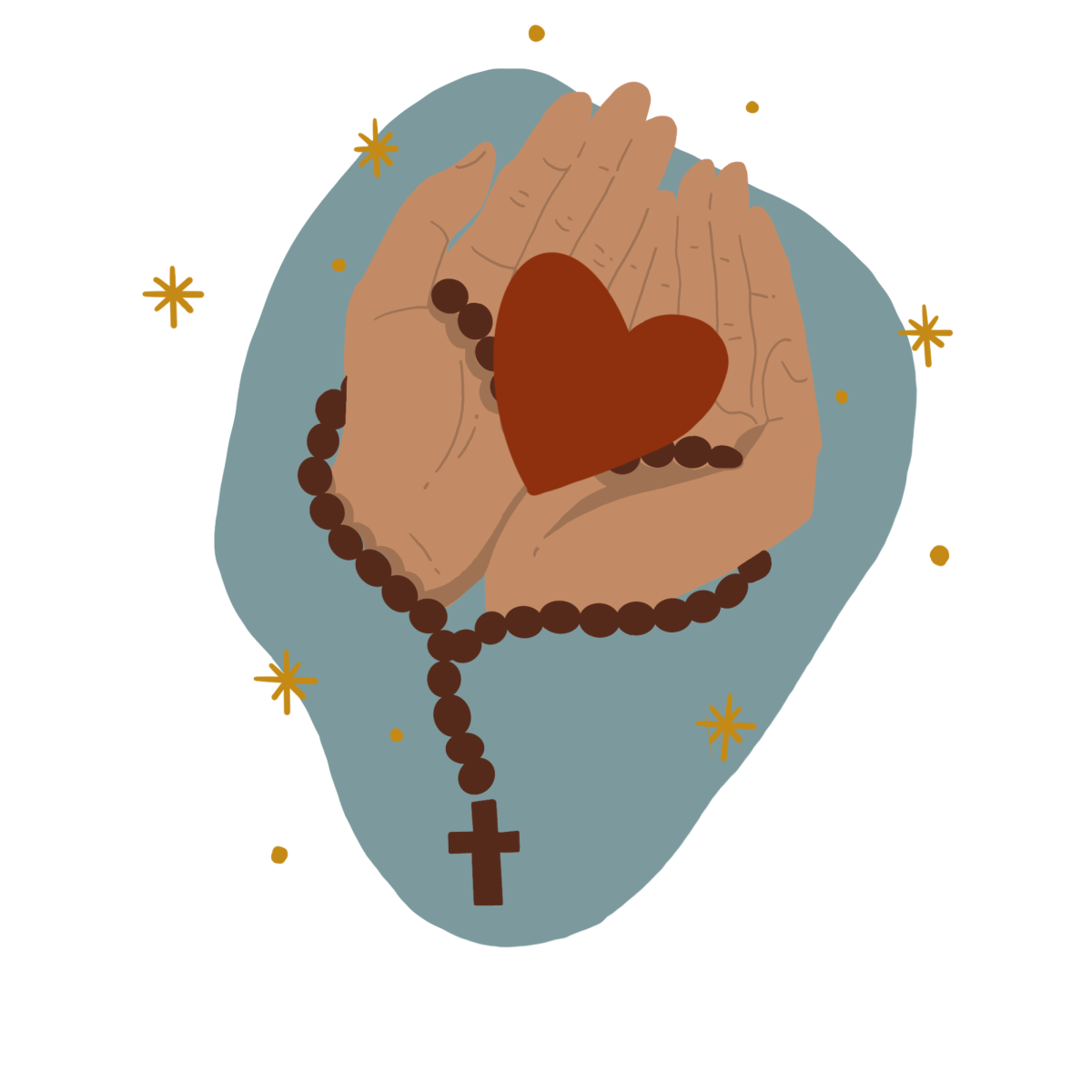On Dec. 8, 2023, Ohio Pastor Chris Avell found himself pleading not guilty on 18 criminal charges. Many people might look at this pastor and see a criminal with that many charges, but not every situation is as it seems. Avell was charged with violation of the zoning laws while keeping his church in Bryan, Ohio open 24/7 to the city’s homeless population. Thankfully, his church called Dad’s Place will “stay open 24/7 until at least March 4, when a judge considers the church’s request for an injunction against the city.”
Although it is easy to take this win and move on, one might wonder if this instance will ever happen again. Obviously, the government was not helping these people who needed shelter, as they were instead relying on others’ kindness to prevail. What happens when kindness becomes a crime? Who is going to help those in need then?
Kindness is not something to take for granted. The church might not always be the first choice to some as a safe place, and that is understandable. However, Christianity has a history of doing a lot of good in communities around the world. Samaritan’s Purse, Salvation Army and World Vision are all large organizations with a history of helping many people across the globe. The one thing they all have in common is being Christian affiliated. It is almost impossible to imagine shutting down a big organization like Samaritan’s Purse for minor violations, but a small church is so much easier.
This is not the first time churches have been targeted. During COVID-19, when churches were arguably needed the most, they were not allowed to meet due to mass gathering restrictions. This was made possible by a loophole in the First Amendment, causing the courts to shut down churches. Their argument was that the law was not specifically targeting religious activity when shutting down the churches. The main issue is that these laws became incredibly selective. States were able to decide what businesses were considered “essential” and which ones were not.
Understandably, grocery stores and medical stores stayed open, but there were a few questionable ones. Liquor stores stayed open, being deemed essential in certain states, while churches were not. Many states deemed firearm stores nonessential; this includes New York, which prohibited religious gatherings, but allowed firearm stores to stay open. Churches are not just places of worship, they are also community centers. When the churches closed, so did many of the charity events they held, causing the people who used them to go hungry or not get the items they needed. The laws were so flexible during this time. Some states allowed churches to meet, though the question still remains: churches are known to assist people in their time of need, so why was it even a debate to close them in the first place?
Dad’s Place was helping the homeless. Nobody working there wanted to become famous or get rich by helping others. No one was getting hurt, instead many were being saved from the freezing cold of winter.
Ohio winters are nothing to joke around with. The average high December temperatures are a little over 40 degrees. In January, the temperatures reached an average high of 36.2 degrees and low 20.3 degrees in Columbus, Ohio. This is a good indicator of how nasty the winters can get, especially with nowhere to take shelter. It is easier to get frostbite than people might think. Just 30 minutes outside in zero-degree weather can cause exposed extremities to freeze. However, frostbite seems like nothing compared to hypothermia, which is even more prevalent. People can get hypothermia in temperatures as high as 40 degrees. Those most at risk are people who do not have proper shelter.
If you are reading this from the comfort of a warm home, remember there are people who are cold, hungry and in need of a place to stay. Churches usually open their doors to anyone, especially those in need. Why does the government continue to try and shut down the one place willing to reach out and help the community? Kindness is needed in the world and when so few places offer it, the ones that do need to be protected. Kindness should not be criminal, not in this instance, not ever.




JS • Feb 15, 2024 at 11:10 am
Yeah kindness shouldn’t be illegal but are you saying that churches are charities… Because they’re not all as helpful and open as they may seem, especially around here. Used to be you could walk up to any church and someone would let you sleep on the pews if need be but nowadays they don’t even want to give help to the homeless… The churches in Boone have become another way of making the college people feel good about themselves for attending, but at the end of the day there’s very little net good coming out of most of them….
MuChao • Feb 15, 2024 at 9:25 am
It never ceases to amaze me how the Republican party, of which so many members loudly (and incessantly) celebrate their “Christian” faith and “values”, and who use their faith as a campaign-tool, are seemingly always the very same ones who act in complete contradiction to nearly every. single. thing. that Jesus ever taught.
Bryan, Ohio: case in point.